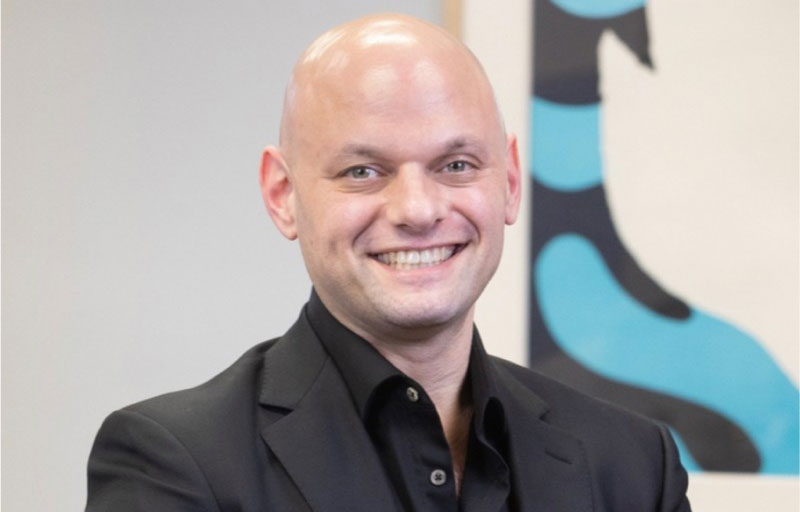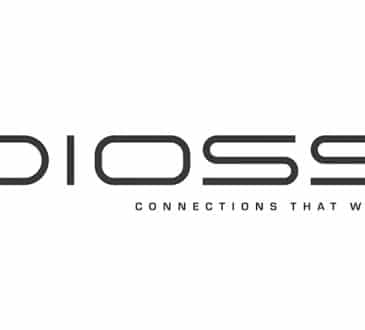Why Flexibility is the Key Component to Hybrid Work Environments

An Ernst & Young survey from late 2021 found a disconnect between employees’ desires for flexible work environments and companies offering such arrangements. It found “79% of companies intend to make moderate to extensive hybrid work changes, but only 40% have communicated their plans to workforce.” The study also noted “90% of employees want flexibility, but 35% of employers want a full return to the office post-pandemic,” underscoring the need for employers to embrace hybrid flexible work environments if they wish to remain competitive.
Employees really want flexibility. If “hybrid” means employees must all work Monday-Wednesday-Friday at headquarters and then Tuesday-Thursday from home, then where’s the flexibility?
Here are some considerations for CEOs and other executive leaders implementing a hybrid-flexible model that satisfies and engages the employees while meeting aggressive revenue and growth goals.
Management Build on Trust
The flexible work style is built on trust. Managers believe their employees are making the right choices in terms of when and how they work. It’s an empowerment-based style that doesn’t hold employees to certain hours or days, but instead gives them options. Perhaps the employee’s neighbors are especially loud, and they want to retreat into the corporate office for some peace and quiet. Or their kid’s daycare closed due to a stomach bug outbreak, and they need to work from home to help their child. In either case, it’s the flexibility of choice that matters. When CEOs implement flexible structures (coupled with performance expectations) it develops deeper trust and motivation, which compels people to excel at work and in their private lives.
The Emergence and Needs of Generation Z
Employees expect hybrid work environments. The pandemic accelerated the work-from-home trend, pushing it from an exception to an expectation. It’s a critical offering for Generation Z, the fastest-growing generation in today’s workforce. This group grew up with mobile. They expect instant access to other people, products and services, and information. They’re more likely to engage with people through social media or text because they’ve used mobile devices most of their lives.
Pushing this generation into a 9-to-5 office creates a foreign and uncomfortable dynamic that builds resentment. A hybrid-flexible environment gives Generation Z workers more space to work on-the-go, while retaining the benefits of occasional in-person collaboration. A report from Deloitte on Generation Z’s approach to work notes, “To attract Gen Z, employers must be ready to adopt a speed of evolution that matches the external environment.” The CEO can drive this evolution by encouraging tech adoption and working with HR leadership to create flexible schedules that improve performance and growth. They can also attract Gen Z workers through sustainability efforts, as this generation prefers firms that eliminate expansive energy-wasting offices and also embrace broad environmental and social ideals.
Recruiters Need to Adapt
Recruiters are at the mercy of a candidate’s availability. If recruiters stick to traditional hours, then they’ll often come up empty handed because their candidates are working at the same time. It’s not reasonable for recruiters to work their set hours from 9-to-5, but have the situation demand they put in hours either before or after work to connect with candidates. Adding global sourcing to the mix further complicates the issue, where recruiters might need to take a call in the middle of the night or respond to timely emails.. . As recruiters and HR modernize their work schedules, they also need the latest tech tools to stay productive and agile. This could include modern applicant tracking systems such as the offering from Bear Claw ATS that automates tasks and enables recruiters to proactively find passive talent that’s ready to work at a moment’s notice.
CEOs and HR department heads should give recruiters hybrid-flexibility so they can work more efficiently, acquire in-demand labor away from competitors, and craft a better work-life balance. It’s a modern structure, where recruiters are available for their clients and management, but they’re not constrained by antiquated or unreasonable expectations.
Written by Jason Palmer, Chief Executive Officer at Bear Claw ATS.
Have you read?
# Best CEOs In the World Of 2022.
# TOP Citizenship by Investment Programs, 2022.
# Top Residence by Investment Programs, 2022.
# Global Passport Ranking, 2022.
# The World’s Richest People (Top 100 Billionaires, 2022).
# Best Business Schools In The World For 2022.
Add CEOWORLD magazine to your Google News feed.
Follow CEOWORLD magazine headlines on: Google News, LinkedIn, Twitter, and Facebook.
Copyright 2024 The CEOWORLD magazine. All rights reserved. This material (and any extract from it) must not be copied, redistributed or placed on any website, without CEOWORLD magazine' prior written consent. For media queries, please contact: info@ceoworld.biz








